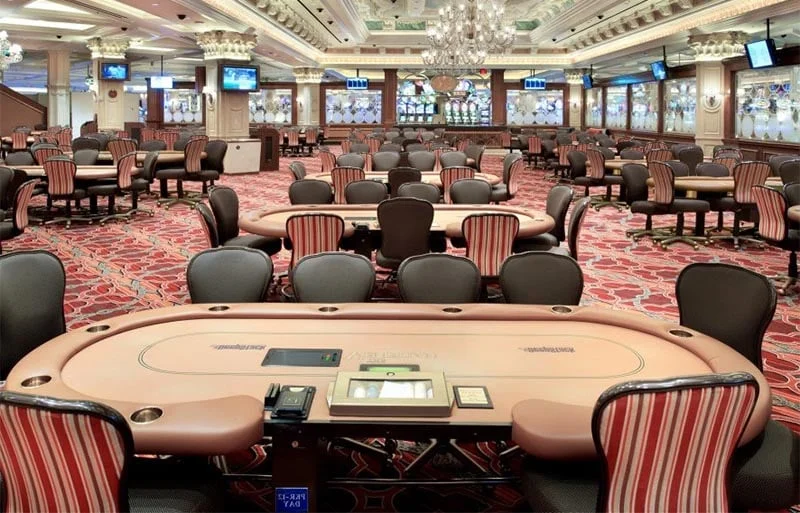
The first ever Beijing Millions poker series, held at the Beijing Star Poker Club back in July, could lead to an increasingly positive outlook on poker among the leadership in the People’s Republic of China.
Wagering is illegal in China except in state-run lotteries, and in the regulated jurisdictions of Hong Kong and Macau.
Although the World Poker Tour brought the first major poker tournament series to China on the island of Hainan in 2012, the Asia Pacific Poker Tour’s Beijing Millions series marked the first major poker tournaments held on the mainland.
Even more remarkable was that they were held in the capital city, highlighting a potential shift towards an acceptance of poker, and perhaps gambling in general.
With billions already spent in illegal gambling in China each year, the potential for additional tax revenue via gambling regulation is huge, which is likely why China has been more willing to ease restrictions in recent years.
PCGE Bets on China
Now a gaming and entertainment company based out of Gibraltar is betting that the next poker boom will happen in China, starting in the Hainan Province which the State Council designated as a “testing ground for China’s lottery and gambling industry” in 2010.
PCG Entertainment will go public on December 4th with an Initial Public Offering on the Alternative Investment Market (AIM) in London, and has plans to invest up to a 10% stake each in two Hainan-based companies.
HLC, which sells virtual games and sports-related lottery products, and HPC, sponsor of the China Hainan Texas Hold’em Poker Games tournament. PGCE CEO Nick Bryant recently spoke of the company’s plans to The Daily Express:
“There’s a great opportunity for PCGE to enable HPC and HLC to expand their operations online. We have also identified opportunities to distribute new broadcast events, games and promotions in the Chinese market which we plan to implement over the next 18 months.”
He also highlighted that Chinese citizens are spending upwards of £164billion per year on unregulated onshore gambling, and illegal offshore gaming websites, and added:
“By expanding legalized onshore gaming and encouraging participation in state-run lotteries, the Chinese authorities are attempting to redirect this money into a legitimate, regulated and taxable environment. This, we believe, will give PCGE a considerable tailwind.”
With its IPO on AIM, London’s exchange for smaller, growing companies, PCGE is expecting to raise £3.2million in equity, or around $5,019,200 USD, for a market valuation of roughly £60million, or around $94million USD.
Meanwhile, if the WPT China National and the PokerStars APPT Beijing Millions continue to thrive in China, hopefully with ample coverage and broadcasts, poker could easily rise in popularity in a way not seen since the Moneymaker Effect in the years after WSOP 2003.
No doubt China’s Qin Chen felt a little like Chris Moneymaker last July, when he took down the Beijing Millions in his first recorded live win. With 2732 entrants, it was the largest poker tournament ever held outside of the US.


